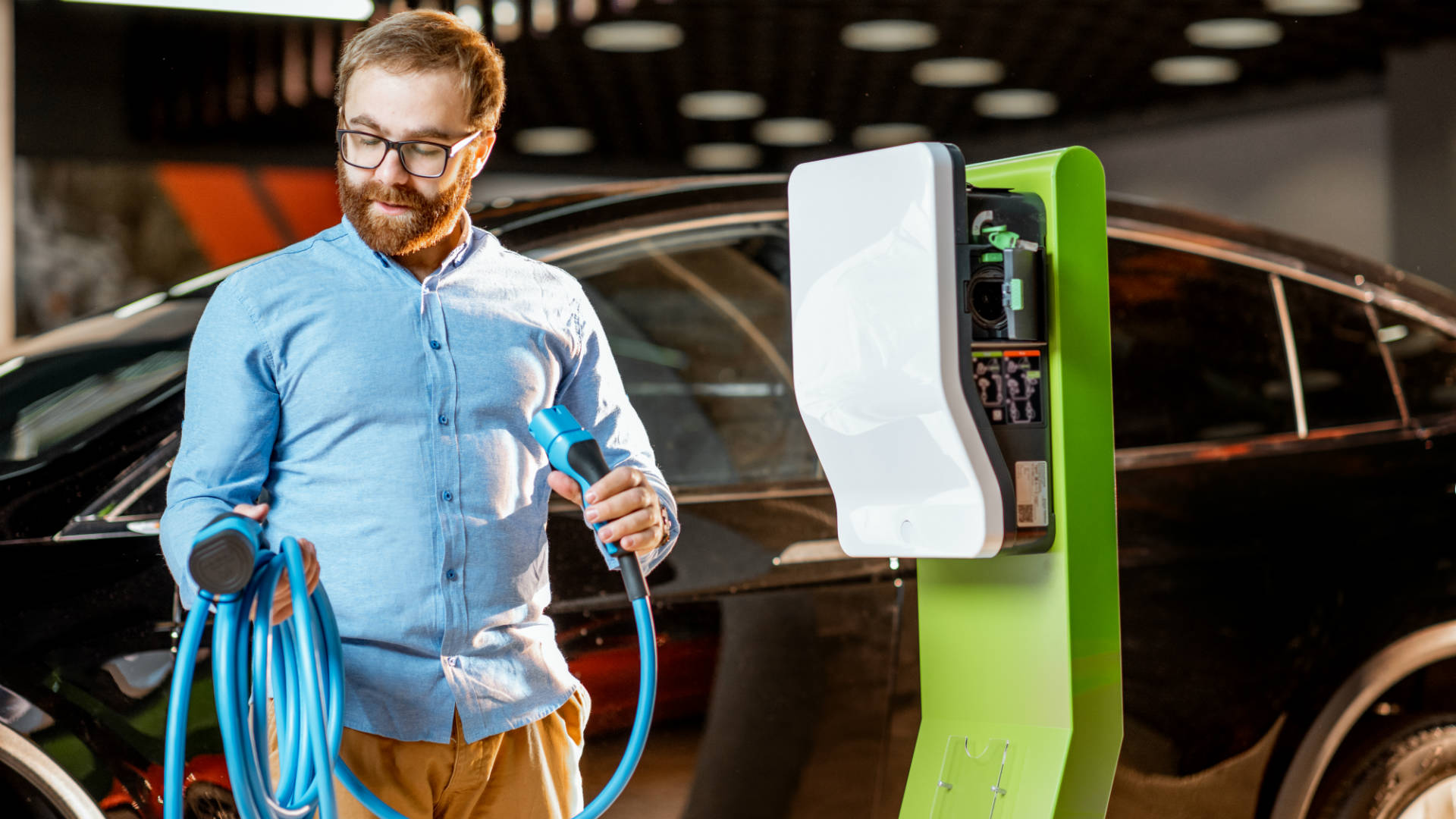
In 2040, 2035, 2032 or maybe 2030 – it’s difficult to predict when the government will ban the sales of non-electric vehicles. But a recent survey suggests motorists are feeling relaxed about the ban.
A snap online poll found that almost three in five (58 percent) of motorists said the proposed ban won’t affect their car-buying decisions. Just 28 percent said they felt more inclined to buy an electric car.
Benjamin Hunt, a motoring trade analyst at Carwow isn’t surprised by the poll. He points to the fact that the average life of a car is currently around 13 years, which makes the 2035 date seem like a long way off. Even the rumoured 2030 cut-off is a decade away. Some motorists might buy a couple of cars in that time, especially if they’re locked into a PCP deal.
‘Electric isn’t quite right’

Hunt said: “One is unlikely to consider purchasing an EV or hybrid vehicle based purely on the government’s announcement alone, purely as the financial impact 15 years away from the rules coming into effect are still so insignificant.
“If looking to invest in a new vehicle, consumers shouldn’t necessarily ignore petrol, diesel or hybrid. The simple reality is that electric isn’t quite right for every motorists’ needs just yet and, despite the bad press given, traditional cars are showing increasing levels of efficiency.”
Hunt references the Peugeot 208 to highlight the price difference between a conventional supermini and an electric version. A Peugeot 208 Active would cost £16,250 with its smallest petrol engine, while the e-208 would cost £28,550, albeit before the government plug-in car grant.
In conclusion, Hunt said: “On balance, while consumer demand is naturally moving away from diesel and, to a lesser extent, petrol vehicles, in reality there is little for the immediate consumer to worry about.“
Which, in summary, means you’re free to go out and buy that Ford Mustang 5.0 V8. Get one while stocks last, etc.